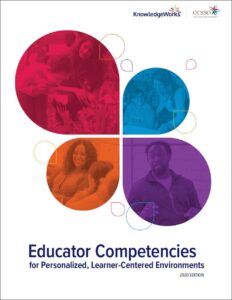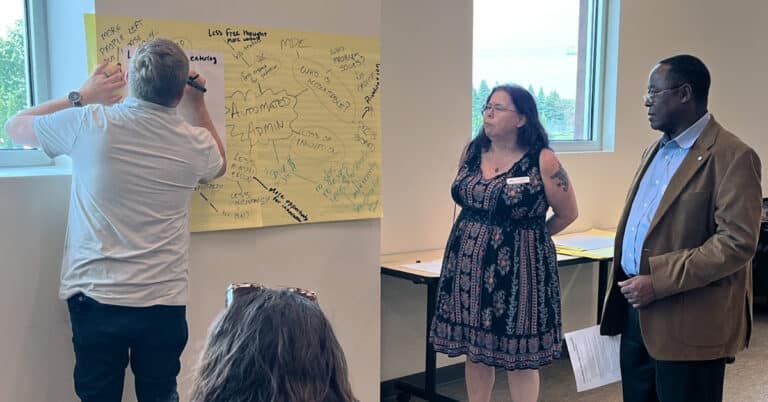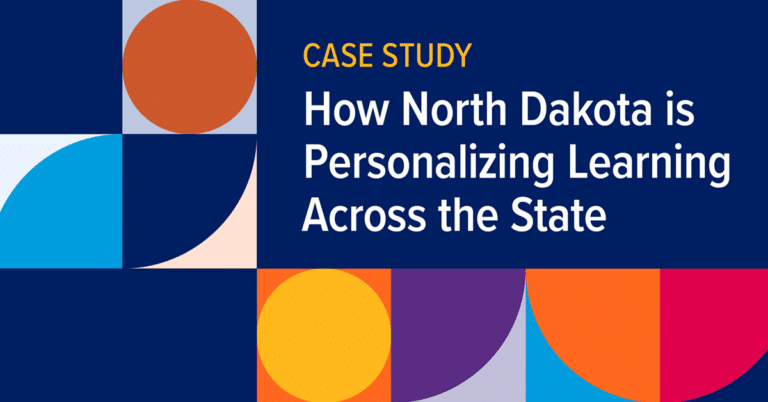By Rebecca E. Wolfe, vice president of impact and improvement for KnowledgeWorks, and Ryan MacDonald, senior program associate at Council of Chief State School Officers
When we released the first Educator Competencies for Personalized, Learner-Centered Teaching in 2015, the idea of student-centered teaching and learning was just a few years into gaining attention in a handful of schools, districts and a scattering of fledgling innovation networks. Today, intentional and comprehensive personalized, learner-centered approaches have been documented in hundreds of schools, personalized learning appears in 39 states’ Elementary and Secondary Success Act plans and at least four states have made it the focus of their education reform efforts.

Explore the 2020 edition of Educator Competencies for Personalized, Learner-Centered Environments and a customizable toolkit to guide educator development.
With a goal to better understand how and where the Educator Competencies were being used, what supports were most useful and which could be enhanced with ancillary materials and tools for front-line educators – as well as a critical focus on equity – we engaged with more than 60 new and diverse stakeholders for the 2020 edition of the Educator Competencies.
Doing things differently in education is no longer optional, as teachers during the past year have had to find new ways to connect with students and engage not just their minds but their hearts. In the meantime, the pandemic’s disproportionate impact on the health and economic well-being of immigrants, people of color and communities where families earn incomes below the poverty line threw into high profile our society’s endemic inequities.
This new version of the Educator Competencies aims to expressly and concretely enable educators to come to terms with and remedy the ways in which America’s schools have negatively impacted Black students, as well as children from other marginalized groups. Because of this, we’ve added a discussion of equity in the document, added scannable icons to pick out the competencies that explicitly address equity and created a companion tool “Centering Equity” to be used alongside the primary publication.
Printable and digital tools include:
- Searchable glossary: We know language is important and having a common understanding of terms helps clarify confusions and misunderstandings as teams work to shift practices.
- Set of rubrics and self-assessment starters: These will help individuals and teams understand where they are in their progression towards these competencies and provide a tool to continue your own learning and development
- Resources, artifacts and videos linked to the Competencies: We want these competencies to come alive for people with other resources and videos so individuals and teams can develop their knowledge, skills and dispositions.
- Ability to print the Competencies by Domain or Theme in order to focus discussions and practice: It might be overwhelming to look at all the competencies at once, so you’ll be able to print and focus on one domain or theme so you can dive deep into one aspect of your development. And we’ve added a special “remote learning” theme to identify the areas most applicable to distance learning and digital technology.
- Interactive map to see where they’re in use and add yourself! We’ve designed the resources so individuals and teams can take them and adapt them to their own needs and goals and we want to learn and explore how the Educator Competencies are being used across the country.
What do you find useful? How’s your school or district using the Educator Competencies? What’s missing or would make them more useful? Explore our map of where the Educator Competencies can be used – and share your experience.




